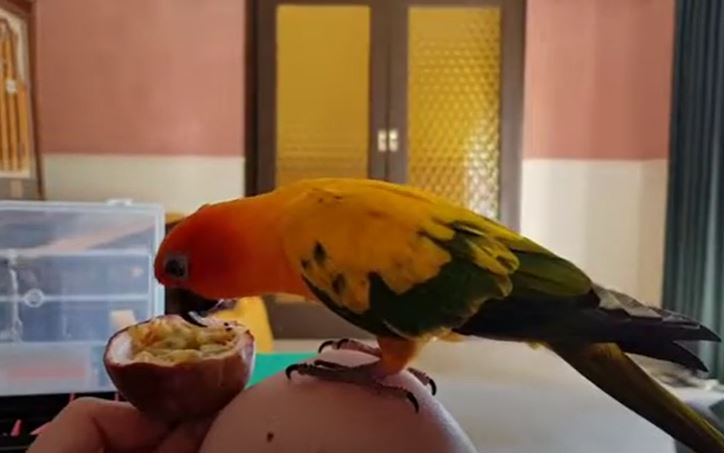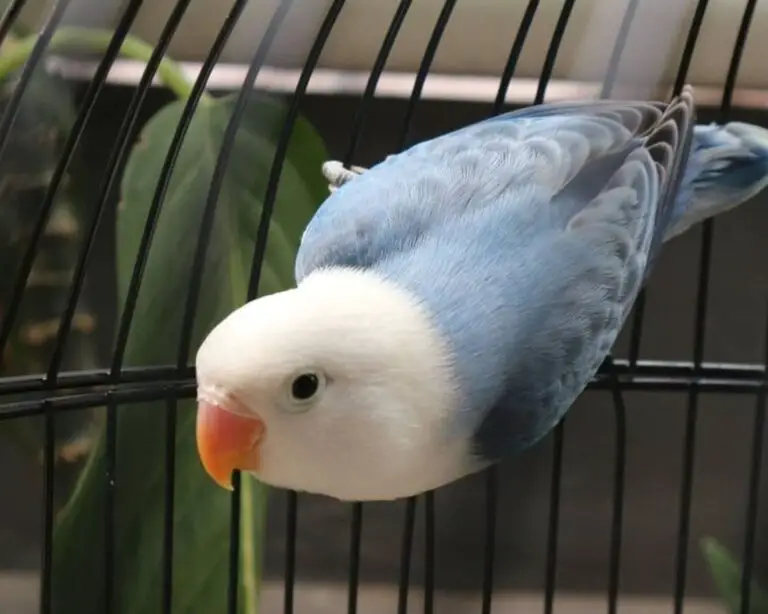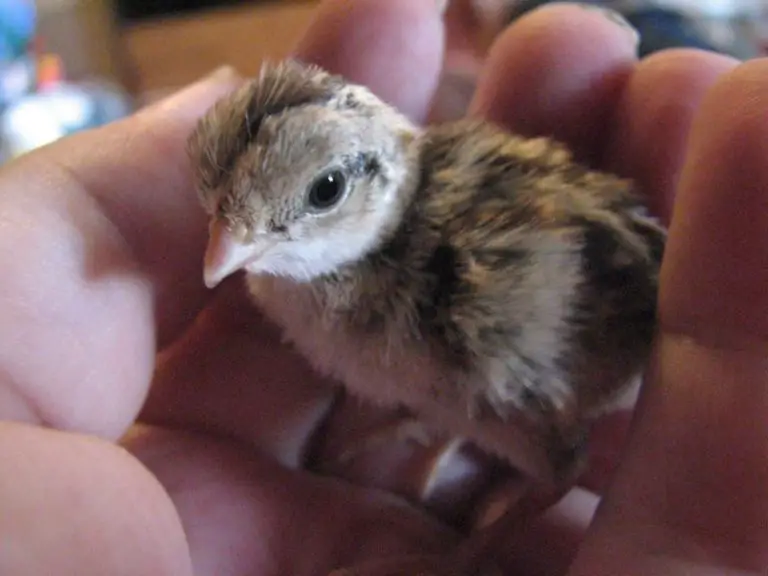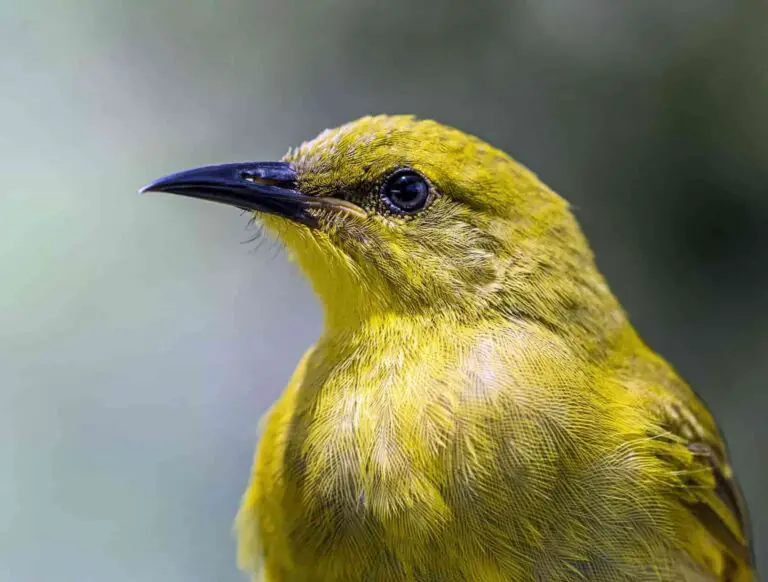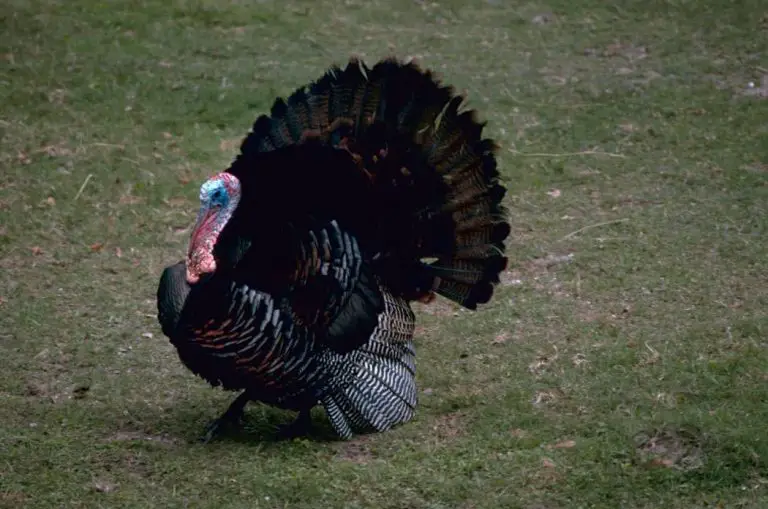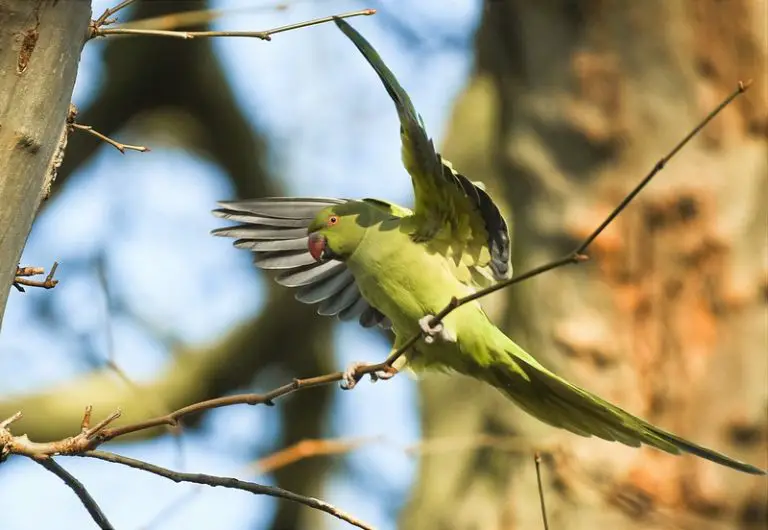Why do Birds Eat Their Own Poop? Cockatiels, Canaries, And Budgies as Examples
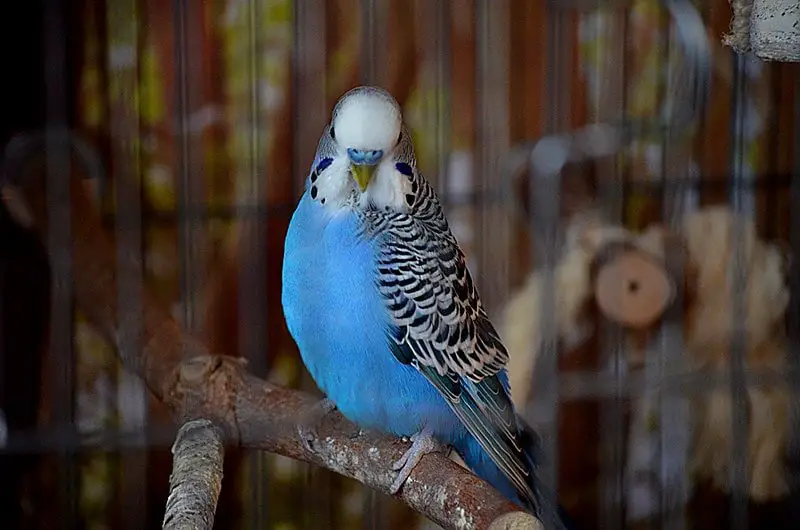
If your bird eats its own feces it should not be a very alarming fact, this is a very common practice in animals, some animals eat feces, yes, as disgusting as it may seem to you it is not abnormal behavior and does not necessarily denote any problem depending on the species.
So it is possible that you see both domestic and wild animals come to eat them.
The main reason why animals like their feces can be due to different situations, in the case of some birds, such as the canary and the cockatoo, one of the main reasons is that they have a very short digestive tract and usually eat their feces fresh to make the most of the nutrients in the food.
This is not the only cause of why a bird might eat its feces, but it is one of the most common.
Coprophagia is widespread in predominantly vegetarian birds without being pathological or harmful. Vitamins are synthesized in certain sections of the intestine, which can then be broken down and absorbed by eating feces.
It is similar to guinea pigs or chinchillas, which also depend on appendix feces to meet their needs for B vitamins. In the case of ornamental birds, however, it is assumed that excessive eating of feces indicates a vitamin deficiency.
Some birds, for example, the budgie, ingest vitamin B12 through coprophagia (eating feces). If this is not possible, for example with wire flooring, this deficit must be supplemented through the feed.
Budgies eating their own poop
At first glance, one behavior that seems disgusting and can sometimes be observed in parakeets is eating feces. This behavior occurs very often, especially in very young parakeets.
Measured by human standards, it is truly disgusting for birds to consume their own or their partner’s feces. From a biological point of view, however, this behavior of young parakeets is based on a deeper meaning that is supposed to increase the animals’ chances of survival.
If the young birds have just left their parents’ nest, they have to be totally independent as soon as possible, i.e. they have to feed.
At first, they are not very skilled at removing the shells from the grains. Therefore, food intake is quite slow at first and young birds often take very little food, so parakeets that have just left the nest usually lose a few grams of weight within a few days.
Their instinct tells them that, under normal circumstances, they can usually cope with a weight loss of two to four grams without problems because their parents fed them very well and the young birds usually left the nest a little overweight. But with the small amount of food only comparatively few nutrients get into the body of a young bird.
So that there is no nutrient deficiency, the young bird must compensate for this deficit. It does this by eating its own droppings or those of their fellow species in order to benefit from the nutrients it contains.
The bird’s body is designed to utilize the food as efficiently as possible, but the feces still contain residues of nutrients that the organism has not absorbed. Thus, eating their (own) droppings is a simple and safe way for young birds to consume readily available nutrients.
For this reason, among other things, the greatest possible hygiene must always be observed when keeping very young budgies.
If the feces of several birds accumulate over a few days, there is a high risk that bacteria will multiply in the feces that could be ingested by a young animal.
Serious digestive problems or even inflammation of the digestive system, which are often fatal, can be an unpleasant result.
Canary eating their own poop
In the case of the canaries, after the chicks are born, there is the mother’s coprophagy, where they eat the chicks’ feces and then consume calcium.
A very usual way is to eat the eggshells, making a natural probiotic where it changes the intestinal flora of the pigeon to a ph 5.5, giving the mucous membranes and intestinal fluid a protective support against many gram-negative and gram-positive bacteria.
This natural practice in birds is like colostrum in mammals, through it the first body defenses are provided to the chicks in the first days of birth.
Cockatiels eating their own poop
The cockatiels may also occasionally eat their own droppings, fresh or dried, and those of other birds, one cause of this being a possible deficiency of nutrients (vitamin K, vitamin B12 or folic acid).
This is practically the same concept that has been discussed throughout this topic.
Can a bird eat a dog’s poop?
I have found several cases both written and audio-visual of birds eating dog feces, this is something unusual since the digestive system of dogs is quite different from that of birds.
Dogs can synthesize food very well because they have a much more complete digestive system than birds, but there are cases, where some dogs can have a pancratic exocrine insufficiency, a disease that does not allow the correct food synthesis.
This can occur in dogs, for example, when consuming poor-quality dog food in grain form. In this case, some birds will dig into the feces to find virtually unprocessed food through the dog’s digestive system.
What can you do to prevent your birds from eating their feces?
Although this is not an alarming act, if you notice that your bird eats its feces frequently you will probably have to adjust its eating habits and provide it with a more balanced diet rich in vitamins and minerals, if you have the opportunity visit a fenced-in vet if the case is severe.
The easiest thing you can do to prevent your bird from eating its feces is to keep the cage as clean as possible, not to leave a build-up of feces, although this may require daily attention.

